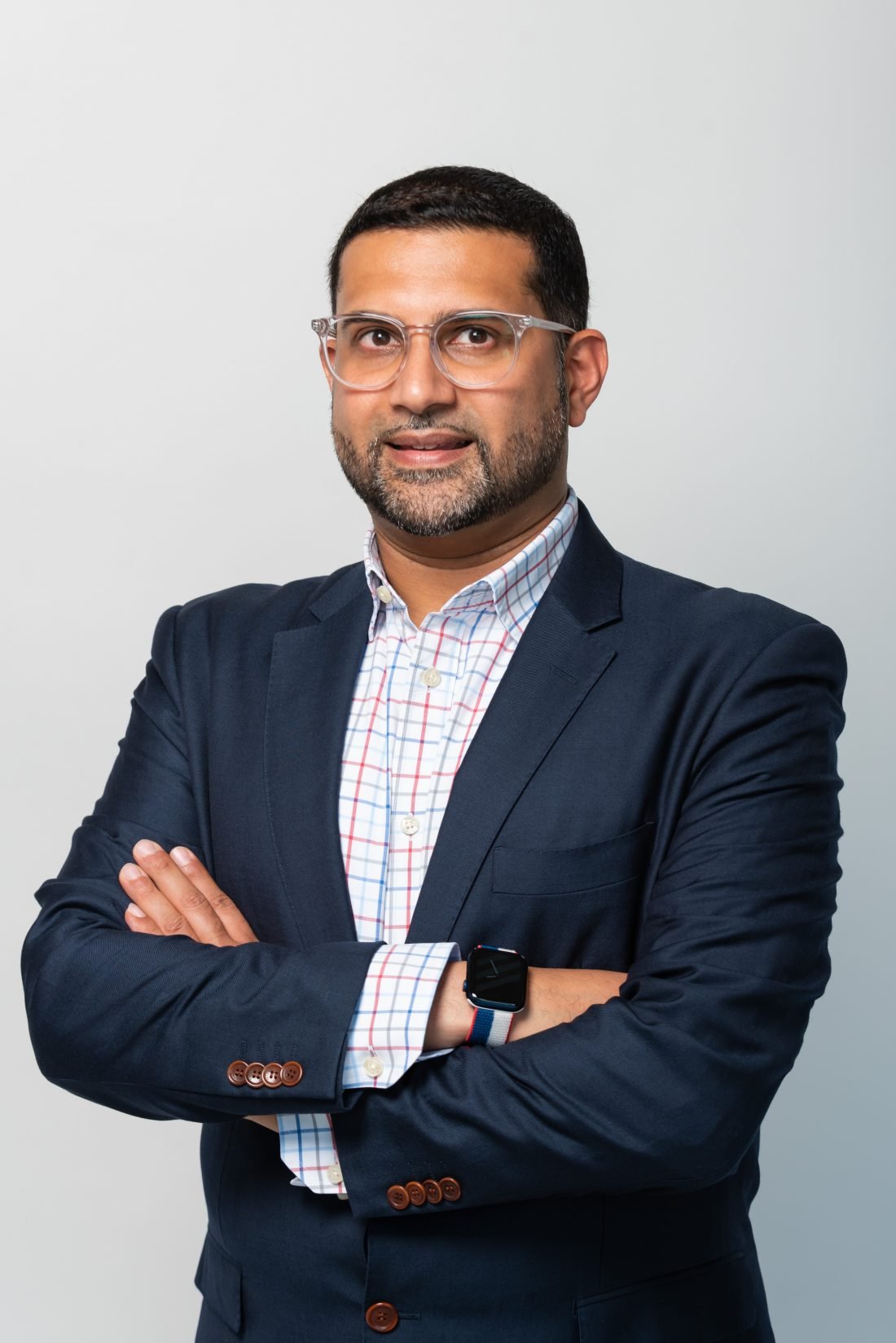How Is Dubai’s Metaverse Strategy Benefiting The Blockchain Sector?
By Shamsh Hadi, Co-Founder and CEO, ZorroSign

A momentum shifter, the metaverse is a virtual environment with all the possibilities of the real world, offering endless opportunity for business development, networking, and branding. A fully operational, cross-platform persistent with metaverse’s effects on society and the economy are currently being evaluated. As of late, blockchain technology has been seen to be closely connected to this idea.
Referring to blockchain, the industry has made it possible to create a fully operational economy inside the virtual realm where you can buy and sell any virtual assets. The internet as we currently know it can be completely transformed by these digital changes.
Building the necessary infrastructure and promoting a healthy ecosystem around this emerging industry can pay off well in terms of the city’s overall economy, which makes Dubai – a city that has always embraced innovation – more likely to understand this. Dubai has already attracted 1,000 companies in the blockchain and metaverse space.
The goal of the Dubai Metaverse Strategy is to make Dubai one of the top ten metaverse economies and a major centre for this virtual community, which could add $4 billion to its gross domestic product within five years. The plan is anticipated to improve daily life for citizens while supporting the emirate’s overall expansion.
Aimed at ensuring that the metaverse increases its contribution to one percent of the emirate’s overall GDP, the strategy is built around key extended reality pillars (blending the physical and virtual worlds), augmented reality (AR), virtual reality (VR), mixed reality and digital twins (a virtual representation of an object or system).
The plan seeks to expand on Dubai’s success in drawing businesses to blockchain and metaverse, to provide over 40,000 virtual employment roles by 2030. The UAE government’s goal of double the number of blockchain firms already operating would be supported by this, which would boost Dubai’s economy substantially.
We are now experiencing a significant influence from blockchain technology breakthroughs on the world of digital assets. Blockchain technology will be crucial in making the ever-expanding metaverse a reality and is predicted to have a significant impact on our daily lives.
At ZorroSign, we have already seen many government agencies, departments, and ministries adopting blockchain for operations. Governments are likely to begin implementing distributed ledger technology (DLT) systems that will replace traditional paper-based systems. The migration to digital data systems has been going on for quite some time, but DLT has greater advantages that provide greater trust, transparency and security via encryption and validation features.
Government organizations can readily improve constituent communications and administration with the innovative adoption of blockchains. For example, blockchain can improve:
- Form processing and chain-of-custody tracking of government documents
- Identification and elimination of errors in government documents, plus reduce tampering and detect forgery.
- Operational efficiency by eliminating paper-based records (and related equipment and supplies to print, copy, distribute, and store paper documents).
- Cost controls by reducing the expense of manually processing applications, forms, and documentation of all kinds and instead implementing digital records stored on the blockchain.
In the UAE, for example, HH Sheikh Mohammed bin Rashid Al Maktoum’s Digital City Vision for Smart Dubai has been a guiding principle for ZorroSign and other blockchain innovators. For ZorroSign, we share His Highness’ goal for a paperless life in the UAE by 2030. Additionally, Digital Dubai pursues many technologies, as the leaders have found “government effectiveness became increasingly imperative especially in Government to Consumer (G2C) and Government to Government (G2G) services.”
Specific to the blockchain, “The Dubai Blockchain Strategy will usher in economic opportunity for all sectors in the city, and cement Dubai’s reputation as a global technology leader,” notes the Digital Dubai initiative. “In line with Digital Dubai’s mandate to become a global leader in the smart economy, fueling entrepreneurship and global competitiveness.” Such a vision from the government is starting in Dubai but is readily seen as critical to future governance in other countries.
The metaverse is an excellent space to do that because it offers businesses and individuals the opportunity to create and customise a personalised virtual world and be in complete control of who has access to it. A blockchain-powered metaverse would be totally autonomous and decentralised, enabling all users to join, connect, and contribute. The trend of these Dubai-based enterprises investing in the tech for their operations is a sign of things to come.
Part of this mission also revolves around putting the right regulations in place to help in the creation and adoption of new services, especially around cryptocurrencies and blockchain technologies.
The Metaverse Strategy places a strong emphasis on developing talent and making investments in future capacities by offering the required support for metaverse education geared toward programmers, content producers and users of digital platforms in that community. It encourages the growth of Web3 and its applications to build new governmental work models and advancements in important industries, including tourism, education, retail, remote work, healthcare, and the legal field.
The UAE government’s goal of doubling the number of blockchain firms now operating and further strengthening Dubai’s economy is absolutely on course. There are various ways that blockchain and immersive technology may benefit the public and all-round infrastructure; they can also help shape regulations required for industries to develop and convert the city into one of the world’s smartest, opening up new economic opportunities.





